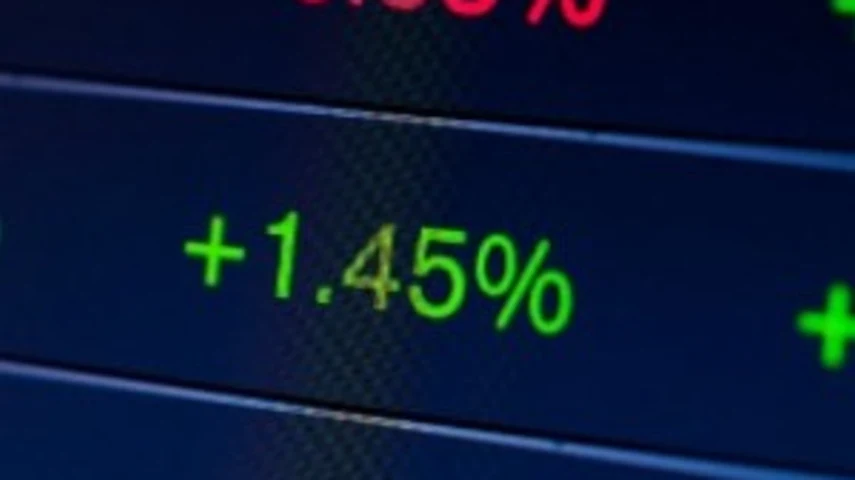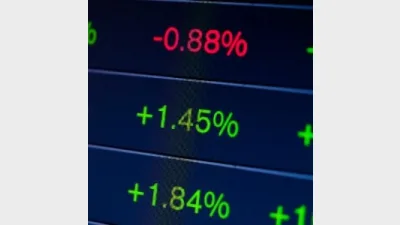New factor based indexes coming soon



Exchange traded fund (EFT) issuers are demanding new factor investing indexes, so they can accordingly develop new EFT funds.
That was according to research-based index and analytics provider, MSCI, which said a lot of fund managers and the majority of ETF providers had already approached MSCI to develop new factor based indexes.
MSCI ETF client coverage, Tim Bradbury, said: "Those indexes would then be wrapped up and taken to market".
Factor investing had been around for decades and was developed by academics that saw consistent themes or factors that produced market returns, he said.
"It's the ability to pick a set of securities that exhibited similar behaviours... and capturing that via an index. That's what the ETF market had latched on to," Bradbury said.
It was increasingly popular in the US and now Australia, as it offered active management and returns at a low cost, he said.
"In the US there were some [factor based investing] themes that proved very popular over the last 18 months, [such as] low volatility and momentum," Bradbury said.
However, he could not allude to what indexes Australian fund managers and EFT providers had requested, but said there was a large amount of interest from the advice, retail, and institutional market.
"The blending of academic theory, plus new indexes from ETF issuers is going to deliver a lot more product to market for investors," Bradbury said.
MSCI already issued three EFT factor based/weighted indexes.
It said other key factor indexes included value, yield, low volatility, quality and low size.
Recommended for you
Evidentia’s chief investment strategist Nathan Lim has announced his retirement after a 30-year career.
GQG Partners has marked its fifth consecutive month of outflows as its AI concerns lead to fund underperformance but overall funds under management increased to US$166.1 billion.
Apostle Funds Management is actively pursuing further partnerships in Asia and Europe but finding a suitable manager is a “needle in a haystack”.
Managed account provider Trellia Wealth Partners, formed from the merger between Betashares and InvestSense, has appointed its first managing partner.










